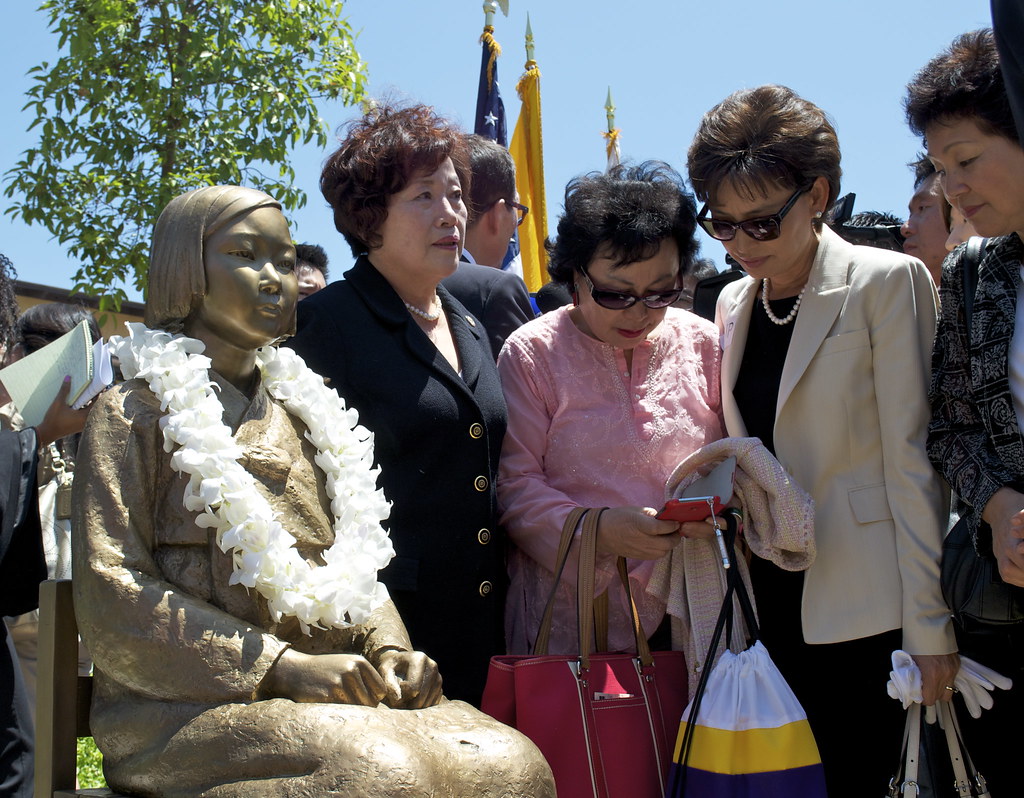 |
| Image: Flickr User - Melissa Wall |
By Steven Denney
With popular support, the Japan-South Korea comfort women agreement seems likely to succeed.
Supported by conservative organizations and a large portion of the electorate, the recently concluded Japan-South Korea comfort women agreement seems likely to succeed.
Politically speaking, South Korean society can be divided into two groups: the 50s/60s age cohort and everyone younger (20s, 30s, 40s). As the year-end Gallup Korea polling data show, the former group represents President Park Geun-hye’s base of popular support; the latter, especially the 20s age cohort, strongly disapprove of her administrative performance and would probably like to see her and the ruling Saenuri Party replaced. More recent public opinion data on the comfort women agreement confirms this divide.
Despite fierce opposition to the agreement, a Realmeter survey of 508 people on December 30 shows that a significant portion of the population actually supports the agreement. 42 percent of respondents think the government has “done well” (i.e., they support the agreement) while 50.7 percent of respondents think the government made a mistake and 6.1 percent are undecided. Notably, the strongest support comes from the oldest members of South Korean society: 71.3 percent of the 60+ age cohort give a positive evaluation (23.8 percent oppose), and 50.9 percent of the 50s age cohort agree the agreement represents a job well done (38.4 percent think otherwise).
As should be expected, given the divide in Korean society, young(er) South Koreans negatively evaluate the government’s diplomatic efforts. The 20s and 30s age cohorts strongly oppose (69 percent and 70.3 percent, respectively) the deal. Those in their 40s are slightly less negative (58.4 percent negatively appraise the agreement).
Read the full story at The Diplomat
